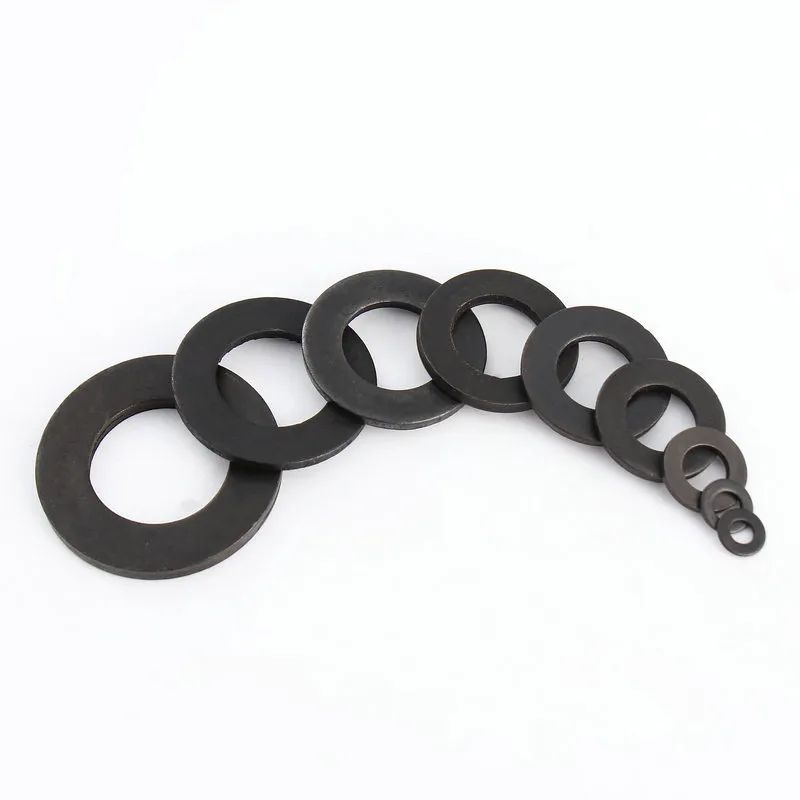

Self-Tapping Screws for Roofing Applications and Their Benefits in Construction Projects
Dec . 25, 2024 06:06 Back to list
Self-Tapping Screws for Roofing Applications and Their Benefits in Construction Projects
The Importance of Self-Drilling Screws for Roofing
When it comes to roofing, the choices we make in materials and fasteners can significantly influence the durability and longevity of a structure. Among the various options available, self-drilling screws have gained prominence due to their unique design and functionality. This article delves into the importance of self-drilling screws used specifically for roofing applications, highlighting their advantages, features, and best practices.
Understanding Self-Drilling Screws
Self-drilling screws, also known as drill screws, feature a sharp, pointed tip that allows them to create their own pilot holes. This eliminates the need for pre-drilling, making them a time-efficient choice for many roofing projects. They are commonly made of steel and often coated with corrosion-resistant materials to ensure long-lasting performance, especially in outdoor environments where they are exposed to moisture and varying weather conditions.
Advantages of Self-Drilling Screws in Roofing
1. Time Efficiency The primary benefit of using self-drilling screws is the speed at which they can be installed. Since there is no need for pre-drilling, roofing professionals can install these screws quickly, reducing labor costs and project timelines.
2. Increased Precision Self-drilling screws are designed to penetrate roofing materials smoothly, which reduces the risk of damaging the surrounding structure. Their ability to drill through various materials, such as metal and plywood, means they can be used in different roofing scenarios without the need for multiple types of fasteners.
3. Strength and Stability These screws provide a strong hold due to their threaded design, which allows them to grip materials tightly. This is particularly important in roofing applications where strong winds and adverse weather conditions can compromise the integrity of the roof.
4. Corrosion Resistance Many self-drilling screws are coated with materials like zinc or polymer to resist rusting and corrosion. This is crucial for roofing components that regularly face exposure to rain, snow, and humidity, as corrosion can weaken the fastener and lead to roof leaks and other structural issues.
5. Versatility Self-drilling screws come in various sizes and types to accommodate different roofing materials, including metal sheets, shingles, and insulation boards. This versatility ensures that builders and contractors have the right fastener for their specific project needs.
Choosing the Right Self-Drilling Screws
self drilling screw for roofing

When selecting self-drilling screws for roofing applications, several factors should be considered
- Material Compatibility Ensure that the screws are appropriate for the roofing materials being used, whether they be metal, wood, or composite materials.
- Screw Length and Diameter The thickness of the roofing material will dictate the necessary length and diameter of the screws. It’s vital to choose screws that are long enough to provide a secure hold without protruding excessively.
- Coating Opt for screws that have adequate corrosion protection, like galvanized or stainless steel options. This is especially important for roofs in coastal areas or regions that face extreme weather.
Installation Best Practices
1. Proper Placement Install screws at the correct intervals as specified by the roofing manufacturer or building codes. This ensures adequate support for the roof structure.
2. Avoid Over-tightening While it may be tempting to tighten screws to the maximum, over-tightening can strip the material, lead to leaks, and compromise the fastening.
3. Use a Torque Control Tool Employing a power drill with torque control can help provide consistent installation pressure, minimizing the risk of over-tightening and ensuring proper installation depth.
4. Regular Inspections After installation, regularly inspect the roof and screws, especially after severe weather events. This helps identify any issues early, preventing larger problems in the future.
Conclusion
Self-drilling screws are an indispensable component of modern roofing systems. Their ability to streamline the installation process while providing a robust and durable hold makes them the go-to choice for many roofing professionals. By understanding their advantages, selecting the right screws, and adhering to best practices in installation, contractors can ensure that they are providing a reliable, long-lasting roof for their clients. As roofing technologies continue to evolve, self-drilling screws will likely remain a cornerstone of effective roofing solutions.
Latest news
-
Hot Dip Galvanized Bolts-About LongZe|High Strength, Corrosion Resistance
NewsJul.30,2025
-
High-Strength Hot Dip Galvanized Bolts - Hebei Longze | Corrosion Resistance, Customization
NewsJul.30,2025
-
Hot Dip Galvanized Bolts-Hebei Longze|Corrosion Resistance&High Strength
NewsJul.30,2025
-
High-Strength Hot-Dip Galvanized Bolts-Hebei Longze|Corrosion Resistance&High Strength
NewsJul.30,2025
-
Hot Dip Galvanized Bolts-Hebei Longze|Corrosion Resistance&High Strength
NewsJul.30,2025
-
Hot Dip Galvanized Bolts - Hebei Longze | Corrosion Resistance, High Strength
NewsJul.30,2025

